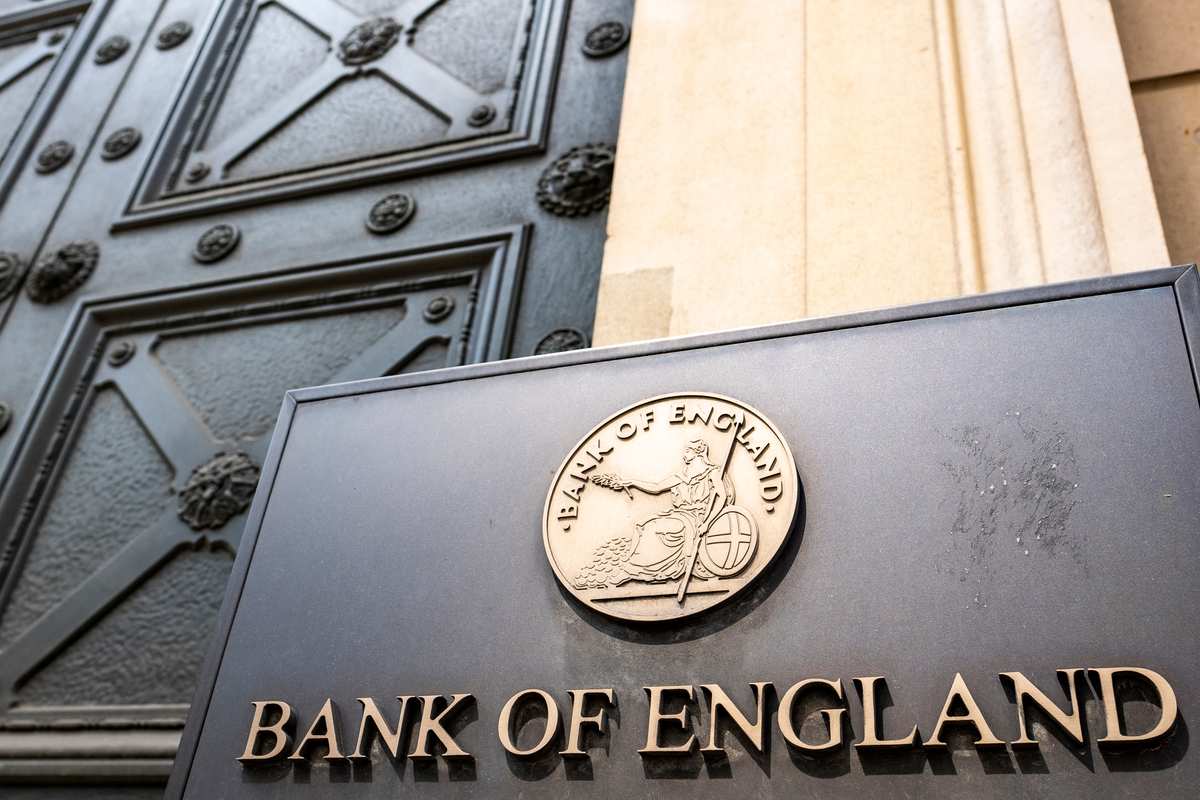Dear visitor,
You're reading 1 of your 3 free news articles this quarter
Register with us for free to get unlimited news, dedicated newsletters, and access to 5 exclusive Premium articles designed to help you stay in the know.
Join the UK's leading credit and lending community in less than 60 seconds.
Former BoE boss: Banks are “risking their independence”
The emergence of commentary on “hot button political issues” from banks is a “significant departure” from practices a generation ago, according to former Bank of England (BoE) boss Mervyn King.

Senior Journalist, covering the Credit Strategy and Turnaround, Restructuring & Insolvency News brands.
King - who was BoE governor between 2003 and 2013 - also said that the global financial crisis “greatly expanded the role of central banks”, which went beyond money creation. In addition to this, he said the introduction of forward guidance encouraged the view that central banks could “predict the future” of the economy.
In a column for Bloomberg, the former governor wrote “amid widespread frustration with the inability of elected policymakers to address critical issues of the day”, influential voices called on central banks to step in. And central bankers responded willingly.
He added: “This began most notably with climate change and the formation of the Network for Greening the Financial System (NGFS). But it didn’t stop there. Central bank officials now concern themselves with a wide array of policy issues, from racial justice to inequality, from education to public health.
“These are serious challenges to our societies. But the gravity of an issue is not the sole, nor even the most important, criterion for central bank involvement. Some of society’s problems warrant a monetary response. Most do not.
“It’s true that many of the new issues attracting central bank attention have economic implications. Clearly, pollution and its effects, including climate change and declining biodiversity, will affect the economy.
“But attempts to shoehorn these matters into the domain of monetary policy ask too much of central banks. In a world of radical uncertainty, their economists struggle to handle even their traditional responsibilities of economic forecasting.”
He also believes that central banks’ new and broader ambitions have “profound implications” for their independence, with - for example - them joining calls in the US to target the unemployment rate of particular groups and regions.
Stay up-to-date with the latest articles from the Credit Strategy team
Get the latest industry news





